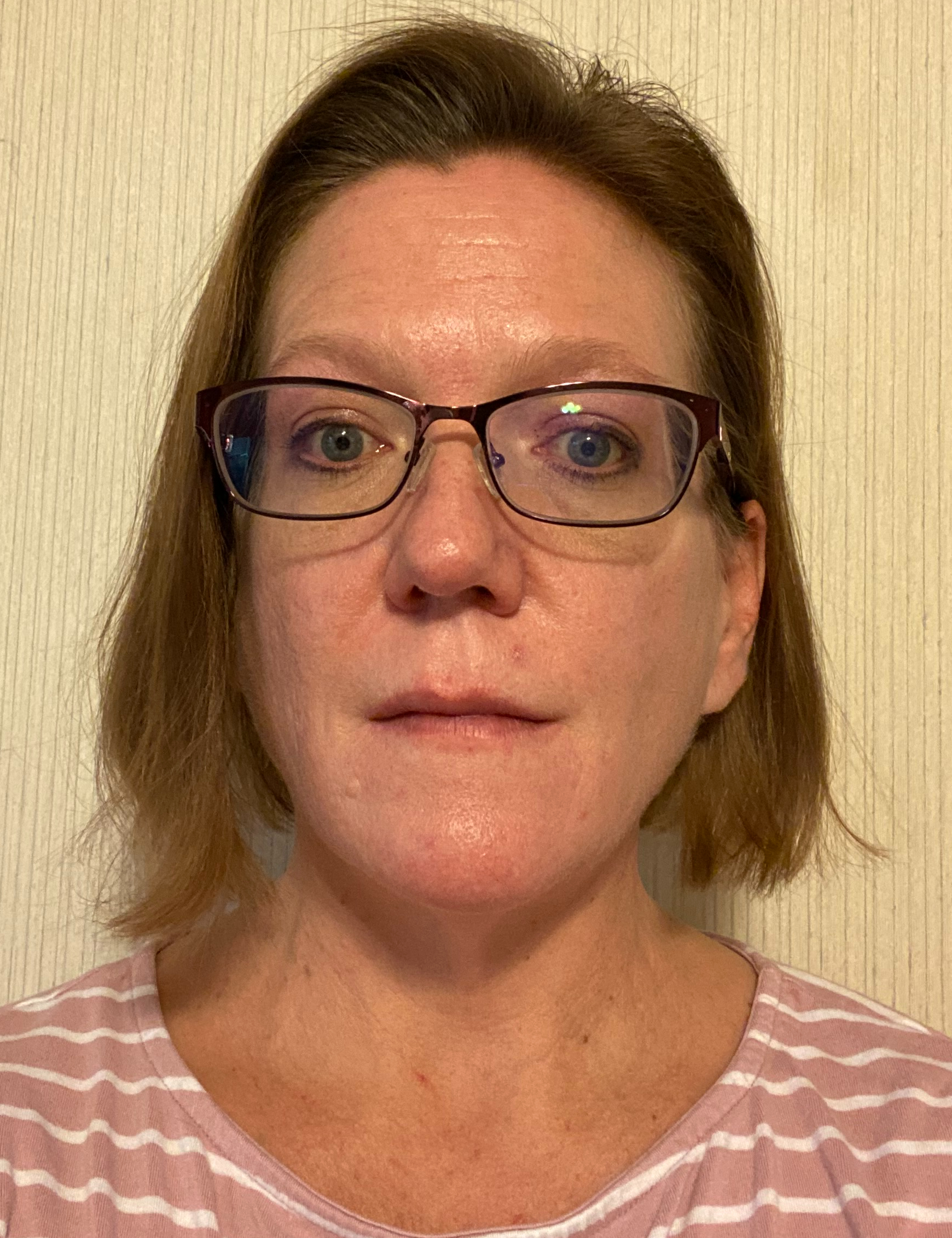Solid Waste Board Examining Options To Meet Revenue Shortfalls, Prevent Future Deficits
 | Author:
Linda Kent, MT43 News Staff Reporter
MT43 News Correspondent |
Linda Kent
MT43 News Staff Reporter
Broadwater County’s Solid Waste Advisory Board is seeking the county commission’s approval to recover two years of unbilled solid waste assessments and put in place new processes to prevent similar errors in the future. In total, nearly $250,000 worth of assessments were not billed out.
During the commissioners’ regular April 17 meeting, Broadwater County Administrative Officer Bill Jarocki presented county commissioners with a set of preliminary recommendations from the Solid Waste Advisory Board (SWAB) to bring the county’s solid waste enterprise fund back into the black. Chief among those is the equitable assessment recovery program, which would establish a process for the board to attempt to collect unbilled assessments.
“The Solid Waste Advisory Board has been looking at issues of financial sustainability for the solid waste operation of the public works department, that enterprise,” Jarocki opened. The board tasked the subcommittee, nick-named a “Tiger Team”, to investigate the causes and possible solutions before the SWAB submits its 2024-25 budget recommendations to the commission in May.
What the team discovered, Jarocki explained, was that more than 10 percent of the county’s solid waste assessments had gone unbilled in fiscal years 2021-22 and 2022-23 (See related story). The resulting budget shortfall for the most recent fiscal year was more than $150,000. For 2021-22, Jarocki estimated a deficit of $95,000.
“There’s an issue of people receiving service and not paying for it,” Jarocki told the commission. The SWAB recommended implementing the recovery program in the new budget year. The program would authorize the county’s Public Works Department, rather than the county treasurer, to notify property owners of outstanding assessments and work with them to collect the unpaid balances.
“We’re looking to create a situation where people voluntarily pay their past due assessments,” Jarocki. Not paying, however, would not lead to penalties for those who were not billed correctly.
“Why collecting these funds is so important is because of how this fund is set up, which I think people forget, is not a county-funded department,” Commissioner Lindsey Richtmyer said, asking Jarocki to explain how the enterprise fund works.
The county’s solid waste activities – maintaining collection and transfer sites and the related personnel, disposal and administrative costs – are paid for only by money from user fees. The county’s general fund does not contribute to those costs, Jarocki responded. While the department may not be able to recover all of the unbilled assessments, the county needs to demonstrate to its auditors that a plan is in place to keep that fund in the black.
“Now that we’ve acknowledged it, how do we make sure it doesn’t happen going forward?” Commissioner Debi Randolph asked.
“What you can expect is that, in the solid waste enterprise fund, there will be a change in the workflow for the information used for the assessments,” Jarocki said. In previous years, the Montana Department of Revenue would send the county information on new properties and assessments, but no one checked to make sure the number of solid waste assessments attached to each property was correct.
Going forward, Jarocki continued, “The solid waste department will review all the assessments before that information is passed on to the treasurer, who will then make the proper records for the upcoming tax year. That had not been done. We didn’t have that check and balance.”
The commission took no action on the presentation. However, the Solid Waste Advisory Board will meet again on April 30, to refine recommendations for solid waste assessment and fee collection for the upcoming fiscal year.
SWAB’s Tiger Team recommended the advisory board closely examine a “pay as you throw” model for solid waste fees, rather than assessments attached to properties. Pay as you throw would charge customers based on the tonnage of waste they send to the county’s collection sites.